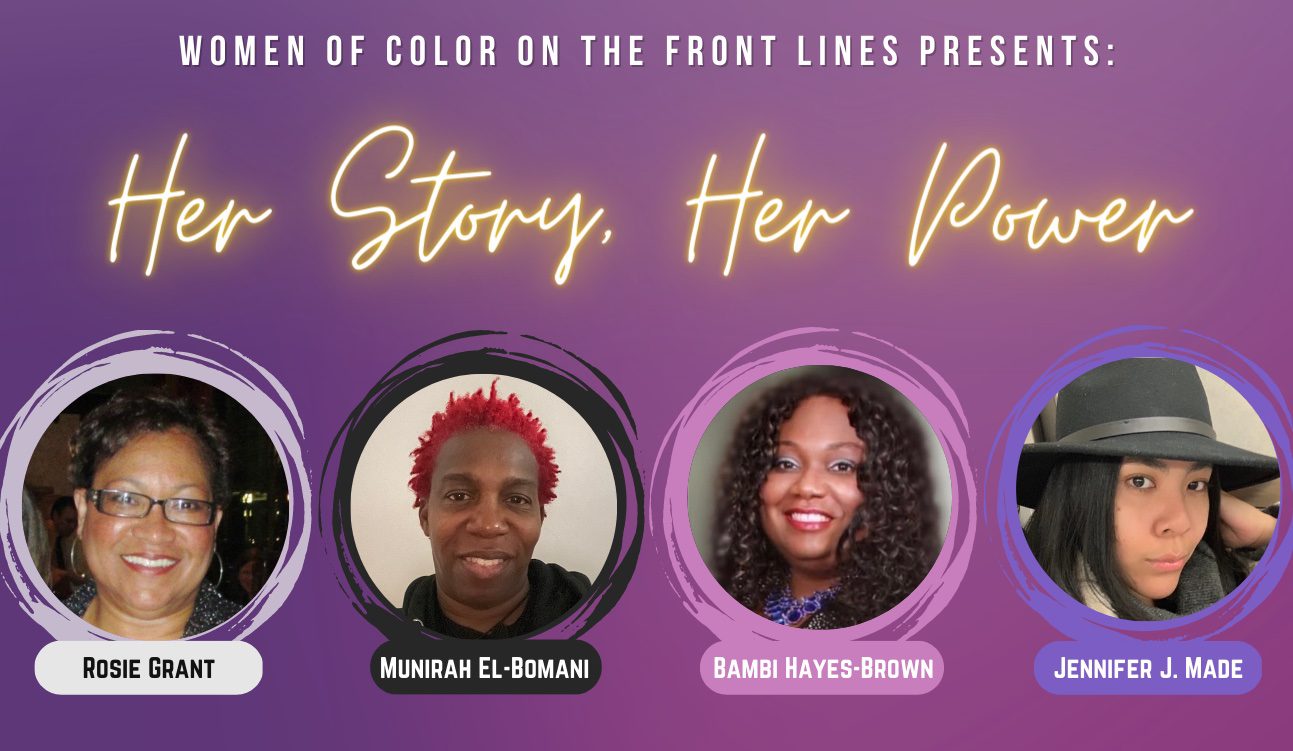Last week, when we asked if homelessness should be a more prominent Occupy Wall Street issue, we pointed to an article by author Barbara Ehrenreich that looked at homelessness from a logistic standpoint; that examined the legal obstacles that face homeless Americans. Ehrenreich previewed a report, Criminalizing Crisis: The Criminalization of Homelessness in U.S. Cities, that looks at how local laws across the country are increasingly criminalizing homelessness
“Criminalizing Crisis” is NLCHP’s 10th report on on the criminalization of homelessness and provides an overview of the criminalization measures in place across the country that make illegal very basic functions of homelessness, that is, public sleeping, sitting, or storing personal belongings, while there exists insufficient levels of shelter for affordable housing. The report also shows how advocates can fight for alternatives. In the upcoming issue of Shelterforce, NLCHP executive director Maria Foscinaris writes about housing and homelessness as human rights issues and looks at the types of tools available to organizers to advance homelessness advocacy from a human rights framework with an eye on policy.
From Criminalizing Crisis:
“Despite the fact that communities all over the country lack adequate affordable housing and shelter space, cities are continuing to penalize people forced to live on our streets and in public spaces. Criminalization measures often prohibit activities like as sleeping/camping, eating, sitting, and/or begging in public spaces and include criminal penalties for violations of these
laws. Some cities have even enacted restrictions that punish groups and individuals for serving food to homeless people. Many of these measures appear to be designed to move homeless persons out of sight, or even out of a given city.”
Among the many notable findings here are the increases in prohibitions since NLCHP’s last update in 2009. The report found, among the 188 cities reviewed, a 7 percent increase in prohibitions on begging or panhandling, a 7 percent increase in prohibitions on camping in particular public places, and a 10 percent increase in prohibitions on loitering in particular public places.
The report also finds that “punishing homeless people for conducting life-sustaining activities takes a toll on the entire community,” in that “when a city uses laws or policies to target homeless people for taking actions necessary to their survival, the impact is felt far and wide:
“While people experiencing homelessness are affected most profoundly, these measures also impact service providers’ ability to do their work and tax the already overburdened criminal justice system.”
There’s a lot here: from the myriad legal problems of criminalization measures to what various U.S. localities are doing as alternatives to outright criminalization. Also, as Foscarinis outlines in her upcoming Shelterforce article, the report examines some remedies from around the globe.
Take a look here.




Comments